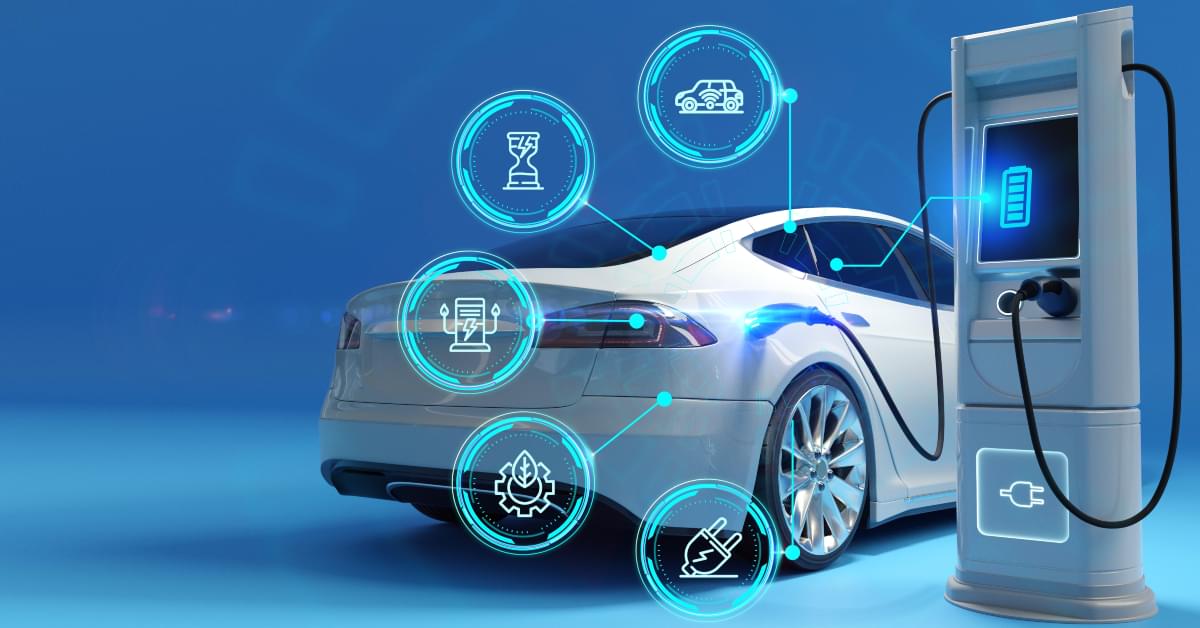The automotive industry in India is on the cusp of a major transformation, with electric vehicles (EVs) emerging as the frontrunners in the race towards sustainable mobility. As the country grapples with environmental challenges and rising fuel costs, electric cars are steadily gaining popularity. Here are five compelling reasons why the future belongs to electric vehicles in India.
1. Environmental Sustainability: A Breath of Fresh Air
India’s urban areas are increasingly plagued by air pollution, with vehicular emissions being a significant contributor. Traditional petrol and diesel vehicles emit large amounts of carbon dioxide, nitrogen oxides, and particulate matter, which not only harm the environment but also endanger public health. In contrast, electric vehicles produce zero tailpipe emissions, making them a cleaner and greener alternative.
As India commits to reducing its carbon footprint and meeting global climate targets, the adoption of electric mobility is becoming crucial. EVs help mitigate air pollution, especially in densely populated cities, and reduce dependence on fossil fuels. The move towards electrification aligns with India’s vision of a cleaner and more sustainable future.
2. Economic Viability: Cost-Efficiency in the Long Run
While the initial purchase cost of electric vehicles may seem high, the long-term financial benefits are undeniable. The cost per kilometer for an electric car is significantly lower compared to petrol or diesel vehicles. This cost advantage primarily stems from the lower price of electricity compared to conventional fuels and the reduced maintenance costs due to fewer moving parts.
Government subsidies, lower GST rates on electric vehicles, and incentives under schemes like FAME II have made EV ownership more affordable. As battery technology improves and manufacturing becomes localized, the upfront costs are expected to decrease further, making EVs more accessible to the average Indian consumer.
3. Technological Advancements: Driving Innovation
Electric vehicles are at the forefront of automotive innovation, incorporating features that make driving more efficient and convenient. Modern EVs come equipped with smart technology, including regenerative braking, AI-based battery management, and real-time connectivity. These features not only optimize energy use but also enhance the overall driving experience.
Moreover, advancements in battery technology are extending vehicle range and reducing charging times. Lithium-ion and solid-state batteries are becoming more efficient and durable, addressing one of the primary concerns associated with electric mobility. Indian automakers are also investing in research to develop batteries suited to local conditions, further boosting the appeal of EVs.
4. Government Initiatives and Policy Support: Paving the Way
The Indian government has taken proactive steps to encourage the adoption of electric vehicles. The FAME (Faster Adoption and Manufacture of Hybrid and Electric Vehicles) scheme, for instance, offers financial incentives to both manufacturers and consumers. Additionally, state governments are implementing policies that provide tax rebates, lower registration fees, and other perks for EV owners.
The push towards indigenous manufacturing through the Production-Linked Incentive (PLI) scheme is also fostering local production of EV components, including batteries. Such policies not only support the automotive sector but also create employment opportunities, making the shift to electric vehicles economically beneficial for the country.
5. Infrastructure Development: Charging Ahead
One of the most significant challenges for EV adoption is the availability of a robust charging infrastructure. However, India is making significant strides in this area. Public and private entities are collaborating to set up fast-charging stations across urban and rural regions. Initiatives by companies like Tata Power and state-backed projects are gradually bridging the infrastructure gap.
In addition to public charging points, residential and workplace charging solutions are becoming more common. As fast-charging technology continues to evolve, range anxiety among EV users is decreasing. The expansion of the charging network ensures that EVs become more practical for everyday use, paving the way for mass adoption.
Conclusion: An Inevitable Shift
The future undoubtedly belongs to electric vehicles in India, driven by the need for environmental sustainability, economic efficiency, technological innovation, government support, and improved infrastructure. As the automotive industry evolves, electric cars will not only transform urban mobility but also shape the future of transportation across the nation. With collective efforts from policymakers, manufacturers, and consumers, India’s electric revolution is not just inevitable—it’s already underway.

